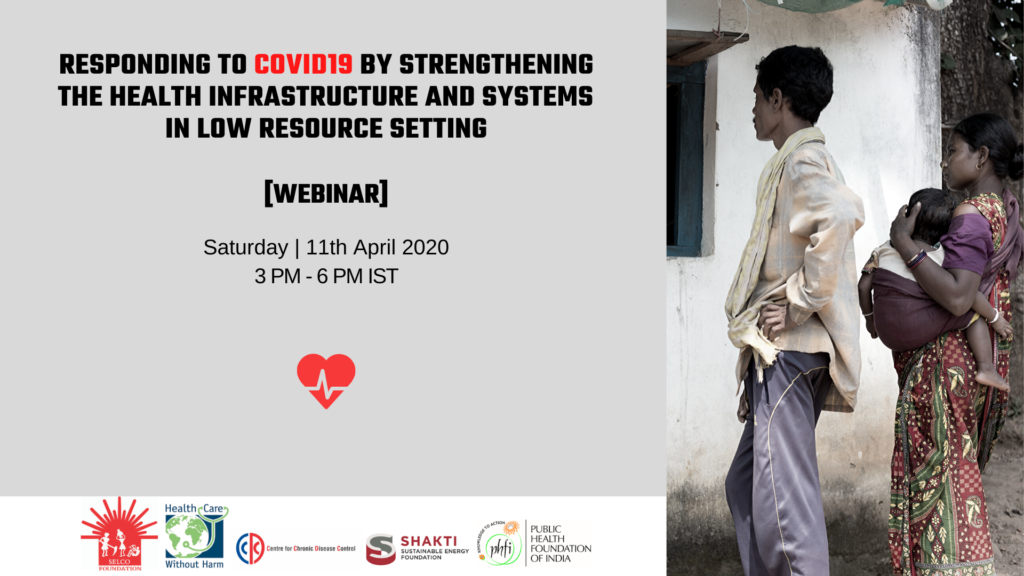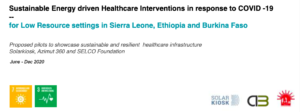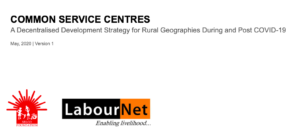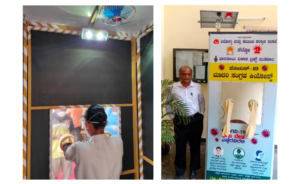Responding To Covid19 By Strengthening The Health Infrastructure And Systems In Low Resource Settings
The COVID-19 outbreak has brought life to an absolute standstill for many of us and the world to its knees. The health sector, however, is fighting tooth and nail against this global pandemic, against all odds.
On Saturday 11th April, SELCO Foundation cohosted a 3-hour webinar with Public Health Foundation of India, Centre for Chronic Disease Control, Health Care Without Harm and Shakti Foundation on Responding to COVID-19 by Strengthening the Health Infrastructure and Systems in Low Resource Setting.
While the health sector is making the best use of the existing healthcare infrastructure in India, public health experts from government institutions as well as non-profit organisations convened to discuss the existing challenges pertaining in the health sector and the steps to tackle in making headway towards rebooting the entire health care infrastructure of India.
Joined by experts from the Government, non-Government, development and the health sector, the discussion shed light on the gaps and solutions in health infrastructure for the last mile to combat COVID-19 and the scenario post-COVID19.
Dr H Sudarshan, Founder, Karuna Trust spoke about making investments in low-cost innovations and protective equipment to improve the healthcare facilities in secondary and tertiary areas. India could soon be seen taking a brand new stand on the future of telehealth (telemedicine), which is currently playing a big role in supporting not just the patients but fellow healthcare workers operating in a low resource setting. Continuing on that discussion Dr Nandakumar Menon, ASHWINI, expressed that the need of the hour is to have inexpensive diagnostic facilities which can enable and empower the primary and secondary hospitals to take care of the patients efficiently.


The webinar also welcomed expert voices from the government to share their reflections on the status quo. Shri Sampath Kumar, Commissioner & Secretary to Health and Family Welfare Department Government of Meghalaya shared that the sector must look at these circumstances as an opportunity to plug in the gaps in India’s healthcare system and be better prepared for such outbreaks in the future. The focus lay on the training of our healthcare staff, thinking and preparing differently and in accordance with each outbreak. For instance, in the case of COVID-19, every patient need not be admitted to the hospital, we must look at a more organised way of ensuring home-based isolations.

An interesting note shared by Dr Rakhal Gaitonde emphasized on building capacity within our communities as well as making efficient use of the structures that have already been built over decades. For example, the Panchayats (local self-governing structures in rural India) in Kerala has taken the burden of reaching out to families and individuals kept in isolation. These insights would help the government in taking a granular approach in decelerating its spread and creating infrastructures based on the specific needs of that particular region.
Ms Shewta, Coordinator Healthcare without Harm concluded with an emphasis on the importance of acknowledging the interconnectedness of economy, nature and society. She also stressed on the need of having that awareness through which resilient systems can be established to fight emerging pandemic threats.
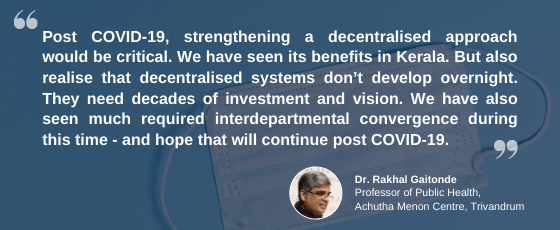
While the pandemic remains a challenge, the learning shared through this webinar affirms the need to build resilience in India’s health sector and gives us an opportunity to equip ourselves for the future.
You can view the recording of the webinar here: https://youtu.be/o3X-P6HOU90
